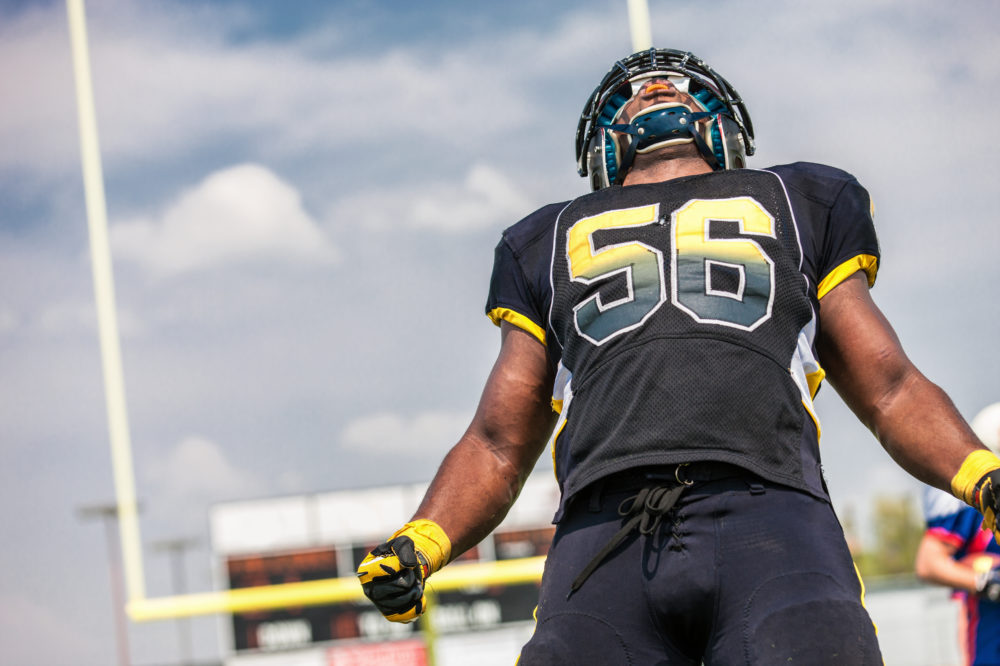[ad_1]

There are a number of high school student-athletes who dream of playing college sports upon graduation. Three major college sports organizations in the United States (National Collegiate Athletic Association-NCAA, National Association of Intercollegiate Athletics-NAIA, and the National Junior College Athletic Association-NJCAA) give these prospective student-athletes an opportunity to do just that, provided that they meet specific academic standards.
As of Aug. 1, any college-bound student-athlete enrolling full-time at an NCAA Division II institution must meet new initial-eligibility standards if he or she wants to compete at the next level.
WHAT ARE THE NCAA ACADEMIC REQUIREMENTS?
All prospective student-athletes must register with the NCAA Eligibility Center if they are interested in playing sports at an NCAA Division I or II institution. Once registered, the Eligibility Center will review the student-athlete’s academic record and determine whether or not he/she is certified as eligible for competition. When should a student-athlete register? The NCAA suggests registering prior to his/her sophomore year. Visit www.ncaa.org/student-athletes/future/eligibility-center for more information.
Core Courses
These are courses specific to a prospective student-athlete’s high school that “prepares” them for the “academic expectations of college.” Student-athletes must complete 16 core courses in English, math, natural or physical science, social science, and additional courses. To find the approved core courses for any given high school in the United States, visit the NCAA High School Portal.
GPA
Prospective student-athletes must earn a minimum GPA of 2.200 in their core courses.
Test Scores
A student-athlete must earn a combined SAT or ACT score that matches his/her core-course GPA on the NCAA Division II Sliding Scale. If you look at the scale, you will notice that as the GPA lowers, the need for a higher test score increases. The same holds true with test scores; the lower the score, the higher the GPA needs to be.
Graduate
All prospective student-athletes must graduate from high school.
It’s important to know there are still specific academic requirements that must be met once a student-athlete is in college if he or she wants to remain eligible for competition.
For more information on these and other NCAA initial-eligibility rules, download a free copy of the 2018-19 NCAA Guide for the College-Bound Student-Athlete. This guide has been “designed” to help student-athletes, their families, and high school administrators “understand the NCAA initial-eligibility process and to prepare them for transitioning from high school to becoming an NCAA Division I or II student-athlete” (NCAAPublications.com).
[ad_2]
Source link

